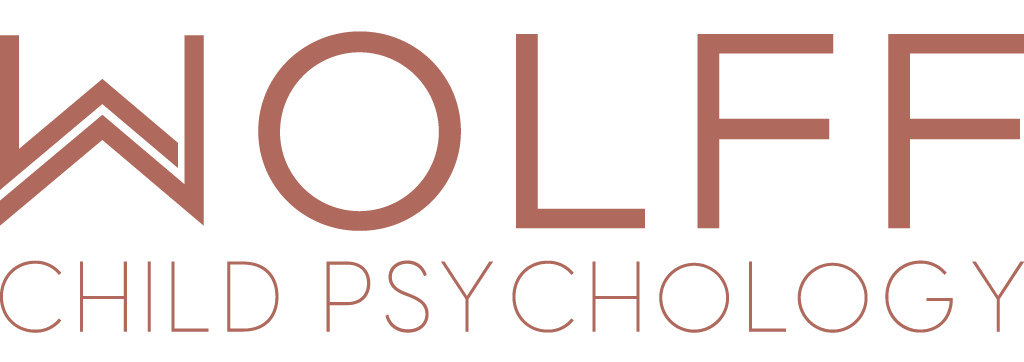Twice-Exceptional Learners
Twice-exceptional (2e) learners are those who simultaneously are gifted and have some form of disability that can hold them back from reaching their true potential. The most common disabilities that co-occur with giftedness are specific learning disorders such as Dyslexia, ADHD, and ASD. The intersection between disability and giftedness renders 2e profiles truly unique and, at times, challenging to capture. Additional traits to consider are inconsistent abilities, heightened frustration, and underachievement.
Recognizing signs of giftedness and twice-exceptionality and seeking help early will lead to better outcomes for both children and their families. Identification of giftedness and/or a co-occurring disability requires a qualified mental health professional to gather information about the child, their behavior, and environment. Outside of the schools, a cognitive assessment and/or academic measures are used to identify giftedness. The state of Colorado considers scores of 124 or above (95th percentile) on academic and cognitive measures as “Gifted.” We at Wolff Child Psychology also use this standard. Identifying twice-exceptionality can be difficult as a child’s giftedness may mask underlying disabilities, or, conversely, their disabilities may make it more difficult to understand and appreciate their giftedness. Evaluations include a combination of in-office testing procedures; questionnaires completed by parents, teachers, and children; and clinical observations. During the evaluation process, it is important to also understand the child’s strengths and interests as pursuing passions and interests is an important facet to tailoring supports for both gifted and 2e children.
2e children will benefit from the same supports as other gifted children. However, they will also need specific and individualized supports for their areas of difficulty. For example, these can look like tutoring, executive functioning coaching, and psychotherapy. It is recommended that gifted and 2e children be evaluated for Advanced Learning Plans (ALPs) at school. 2e children will also benefit from an evaluation for a 504 Plan or Individualized Education Program (IEP) to provide specific interventions in their area of disability.

